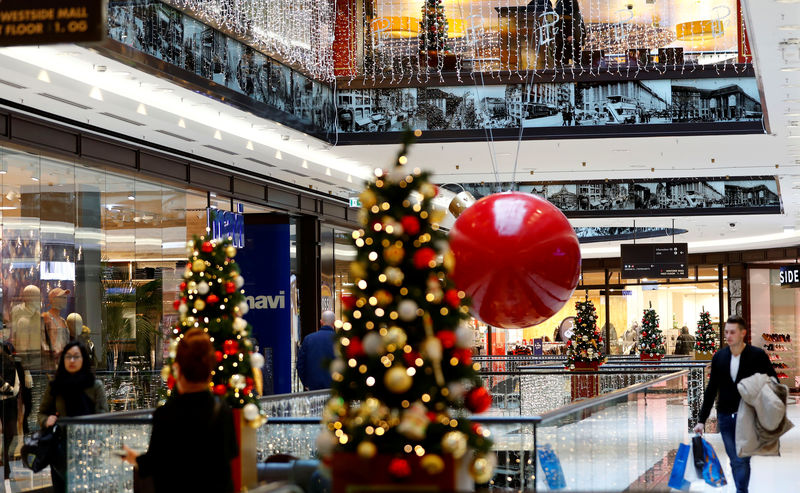By Geoffrey Smith
Investing.com -- Hats off to you if, at the start of the year, you had a portfolio stuffed full of Greek banks, Belgian biotech, Italian sports cars and highly leveraged French telecoms companies.
By the same token, if you bet on Scandinavian banks, British sports cars and highly leveraged oilfield services companies, then, well, better luck next year.
Trying to identify patterns into why some bets paid off and others didn’t is a task always distorted by hindsight, but for what it’s worth, we’ll try to make some sense of the highs and lows of 2019.
Take banking, which has a mean reversion story on steroids. The two best performers in the European space have been Greece’s Piraeus Bank (AT:BOPr) and National Bank of Greece (AT:NBGr), whose valuations have rocketed as the country has recovered from its worst economic crisis in a generation. At the other end of the scale, three of the four worst performers – Swedbank (ST:SWEDa), Danske Bank (CSE:DANSKE) and ABN AMRO (AS:ABNd) – have been hit hard by allegations of turning a blind eye to money-laundering in pursuit of a quick buck. Earnings that seemed too good to be true in the last cycle have turned out to be just that.
It’s a very different story in automotive, where the sector’s best and worst performances have come from the same high-performance niche. On the one hand, Ferrari (NYSE:RACE) has gone from strength to strength thanks to a broad diversification of sales by geography, underpinned by solid contributions from less volatile merchandising and branding rights and long-term owners steeped in their knowledge of the car industry. On the other, Aston Martin Lagonda (LON:AML) has fallen 58% as it struggles with a Brexit-depressed U.K. and European market, without any meaningful cushion from licensing revenue. It has at least brought its new SUV plant online but has had to borrow at loan-shark rates to do so. The company's private-equity owners have arguably added less value than the Agnelli family vehicle Exor (MI:EXOR) has to Ferrari's.
In utilities, there has been a stark contrast between those who have bet heavily on renewables and those saddled with big fossil fuel businesses and high legacy costs. Danish wind farm operator Oersted (CSE:ORSTED) has risen 68%, while the U.K.’s old gas monopoly Centrica (LON:CNA) has fallen 33%.
That same dichotomy between forward-looking and history-burdened has also been evident in food retail. Ocado (LON:OCDO), which has evolved emphatically into a technology company from a consumer-facing delivery brand, has risen 62% thanks to a series of transformative deals with U.S. and Japanese supermarket chains. Spain’s DIA (BS:DIAe), by contrast, has lost 78%.
In fashion, too, it has been the technology-focused, online-only names of Zalando (DE:ZALG) and boohoo.com (LON:BOOH) that have fared best, while those most rooted in their high street stores, from high-end Hugo Boss (DE:BOSSn) to dowdy Marks & Spencer (LON:MKS), have struggled.
Not that tech is immune to failure, especially where there are questions of governance. German payments company Wirecard (DE:WDIG), which started the year as one of the biggest hopes for many investors, has lost 20% thanks to governance questions which refuse to go away, for all the company’s denials of impropriety.
Finally - debt, and the ability to manage it, has as ever played a big role in many of the year’s success and failure stories. French telecoms group Altice (AS:ATCA) has more than tripled as the results of its efforts to escape a debt trap two years ago finally paid off. At the other end of the scale, Norwegian Air Shuttle ASA (OL:NWC) has found itself trapped after a big leveraged bet that the Boeing (NYSE:BA) 737 MAX would transform the economics of discounted transatlantic flight. Its compatriots at Seadrill (OL:SDRL), which emerged from bankruptcy last year still carrying too much debt for comfort, no doubt sympathise.
